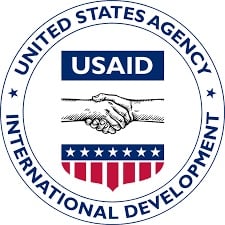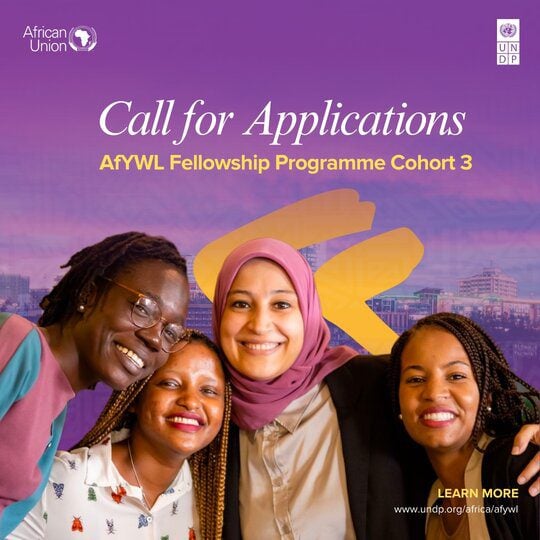Nigeria ranked as the third-largest African recipient of development assistance from the United States Agency for International Development (USAID) in 2024, receiving a total of $876 million, according to the Africa Sustainable Development Report 2025 jointly published by the African Union Commission, UNECA, AfDB, and UNDP. The Democratic Republic of Congo led the continent with $1.3 billion, followed by Ethiopia with $1.25 billion. South Sudan, Kenya, Mozambique, and Sudan followed Nigeria in the top ten list.
Despite receiving one of the largest aid allocations in absolute terms, Nigeria’s share amounted to just 0.21 percent of its GDP — the second-lowest among the top beneficiaries. South Sudan, with a smaller allocation, recorded the highest aid-to-GDP ratio at 6.05 percent. Altogether, the ten leading recipient countries received $8.1 billion in USAID support in 2024, with DRC and Ethiopia taking a significant portion.
The report noted that East and West Africa face the highest financing gaps, largely due to their large populations, including countries like Nigeria, Ethiopia, and DRC. By contrast, North and Southern Africa have smaller Sustainable Development Goal (SDG) financing gaps due to stronger fiscal capacity and higher development levels. It emphasised that while foreign aid remains crucial, African countries must boost domestic resource mobilisation and fiscal efficiency to close these gaps and accelerate SDG progress.
Nigeria’s future USAID funding, however, faces uncertainty. Access to a proposed $602.95 million grant for 2025 was thrown into doubt following a 90-day suspension of all USAID programmes ordered by President Donald Trump in January 2025. The suspension, part of a broader review aimed at aligning foreign aid with US national interests and eliminating inefficiencies, has left critical sectors — health, governance, economic development, and security — in limbo.
Health programmes dominate Nigeria’s proposed 2025 USAID budget, accounting for 89.27 percent of the total. Of this, $368 million is dedicated to HIV/AIDS initiatives, $22 million to tuberculosis, $73 million to malaria control, $33.25 million to maternal and child health, and $22.5 million to family planning. Only $2.5 million was allocated for water supply and sanitation, raising concerns about rural access to clean water.
The funding freeze also threatens peace and security programmes, with $7.6 million initially planned to strengthen Nigeria’s response to terrorism and insecurity, including Boko Haram and ISWAP insurgencies. Economic growth initiatives, budgeted at $39.6 million, could also be affected. These were designed to support agriculture ($29.1 million), private sector productivity ($1.5 million), and clean energy projects ($5 million), reflecting a growing focus on sustainability and private sector-led development.
With USAID support stalled, the Nigerian government has approved an emergency $200 million intervention to sustain essential healthcare services, including vaccine procurement and antiretroviral distribution. Health Minister Ali Pate announced plans to absorb 28,000 health workers previously funded by USAID, signalling Nigeria’s intent to strengthen ownership of its healthcare system amid shifting US foreign policy priorities.
For Nigeria’s MSMEs and broader economy, these developments carry significant implications. Reduced foreign aid could disrupt health systems and workforce productivity, indirectly affecting small businesses and local markets. At the same time, the shift in US aid focus towards agriculture, private sector development, and clean energy points to new opportunities for SMEs positioned in these sectors, provided the funding freeze is lifted.







![Call For Applications:Innova [Africa Future of Work and Entrepreneurship] Fellowship 2023 Innova [Africa Future of Work and Entrepreneurship] Fellowship 2023](https://msmeafricaonline.com/wp-content/uploads/2023/07/WhatsApp-Image-2023-07-03-at-8.01.03-AM.jpeg)


